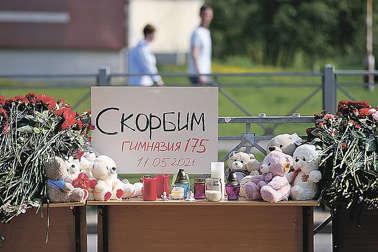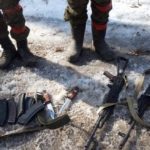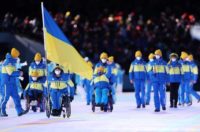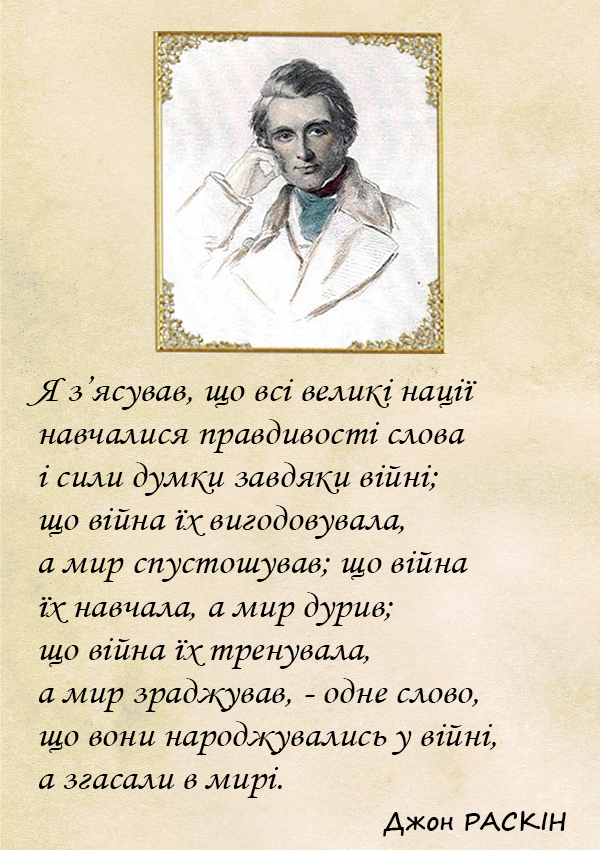
Shooting at school 175 in Kazan claimed the lives of nine people – children and their teachers. The killer Ilnaz Galyaviev has been arrested and is awaiting trial. In Russia, they have already started talking about toughening the rules for the sale of weapons, strengthening security measures in schools.
And many are now raising the question — is it worth it to tell in detail about such cases in the media. We asked politicians, public figures and journalists to express their opinion.
Leonid Kalashnikov, Head of the State Duma Committee on CIS Affairs:
“So let’s get to the point that we don’t write about anything at all. We will stop reporting tragedies — we will only increase them. Filters should be, but reasonable.
Sergey Shestov, head of the organization of veterans ‘Vympel’:
“The main thing is to report objectively. If the information is not enough, say so. And when in line with “what I want, I say” — this is arson. We need ethics. Why should we catch hype in an information dump?”
Nikolay Svanidze, TV presenter and historian:
“You need to write. But this nightmare cannot be broadcast live. And when they say that one should keep silent about terrorist acts, this is an old song. We need a system of agreements between the special services and the media. After all, it is the intelligence services that receive information and they decide what to give and what not. So, the silence of Chernobyl led to an increase in the number of its victims.”
Evgeny Nikifrov, director of radio ‘Radonezh’:
‘It is necessary to report. It is fundamentally. Such events, even if they are not a terrorist attack, force the entire society to react. Let in different ways – but in any case it contributes to the assertion of freedom of speech.”
Pavel Boginsky, confessor of the Center for the Protection of Motherhood and Childhood named after Saints Peter and Fevronia:
“My personal opinion is that it is not worth covering it live. After all, terrorists and extremists are hoping to get bad fame. This also applies to those prisoners-murderers or maniacs who were released. They cannot be invited to TV. But there are also examples when a person committed murder or went to steal, and then sincerely repented and went to the monastery. The possibility of repentance cannot be taken away. But the moment evil is committed, it cannot be broadcast.”
Vladimir Postanev, Head of the Department of Psychology, Institute of Pedagogy and Psychology of Education, Moscow State Pedagogical University:
“The truth is in the middle. Silence leads to the neglect of security fundamentals. But reports on terrorist acts should be – and be of a purely professional nature. The question rests on the professionalism of those who work on the coverage of terrorist attacks. The pursuit to “hype up louder” is harmful. And the security agencies must provide information that will not harm potential victims of a terrorist attack.”


























































Залишити відповідь